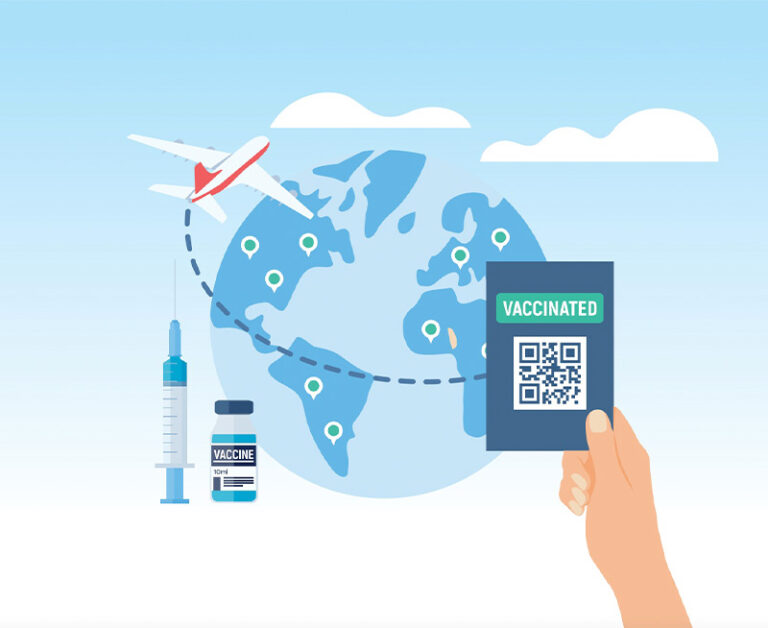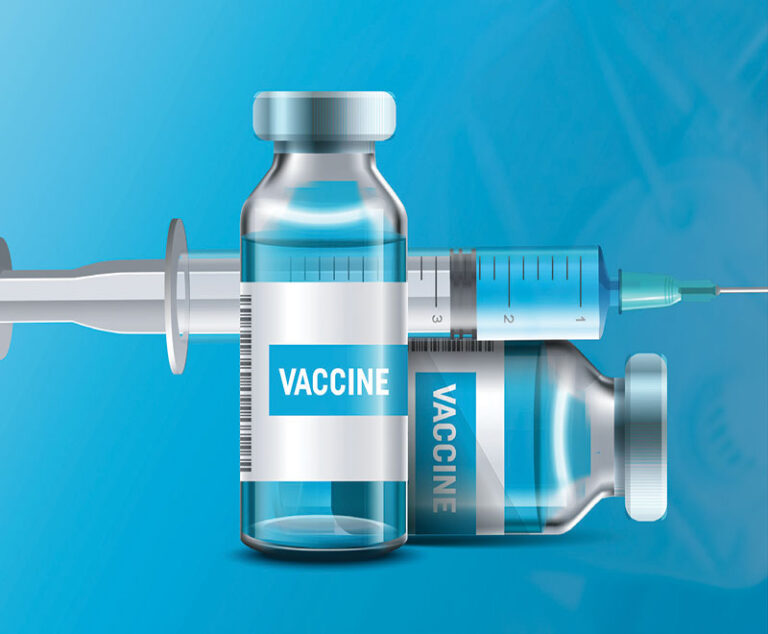Industry Insight
Information, Observation & Analysis
Vaccines Articles
Politicization and polarization have made finding credible information online harder than ever.
Addressing patient misconceptions and uncertainty remains important to help get routine adult vaccinations back on schedule.
The effects of exposure to misinformation about vaccines has been exacerbated by the COVID-19 pandemic. And, misinformation continues to flourish with damaging consequences.
Research into targeted, effective vaccines for cancer remains ongoing.
The implementation of vaccine passports in response to the COVID-19 pandemic has raised arguments for and against them.
Are precautions to stop the spread of COVID-19 now causing other widespread illness?
Using mRNA technology, the same science that developed mRNA COVID-19 vaccines, Pfizer and Moderna are testing multiple vaccines to prevent diseases that cause millions of deaths each year.
“Scientists have identified components of the influenza virus that do not really change muchat all. The critical challenge is getting a vaccine to induce a response to those components.”
— Anthony Fauci, MD, Director, National Institute of Allergy and Infectious Diseases
Despite proof of lifesaving benefits of vaccines, parental hesitancy to immunizing their children is often fueled by the plethora of myths surrounding vaccine safety.
Beyond COVID-19 vaccines, research is showing potential for new vaccines to treat several other diseases.
With three vaccines in circulation and three more on the horizon, is the end of the COVID-19 pandemic in sight?
Some promising new methods for delivering vaccinations could mean a pain-free alternative, the elimination of accidental needlesticks and reduced risk of infections.










